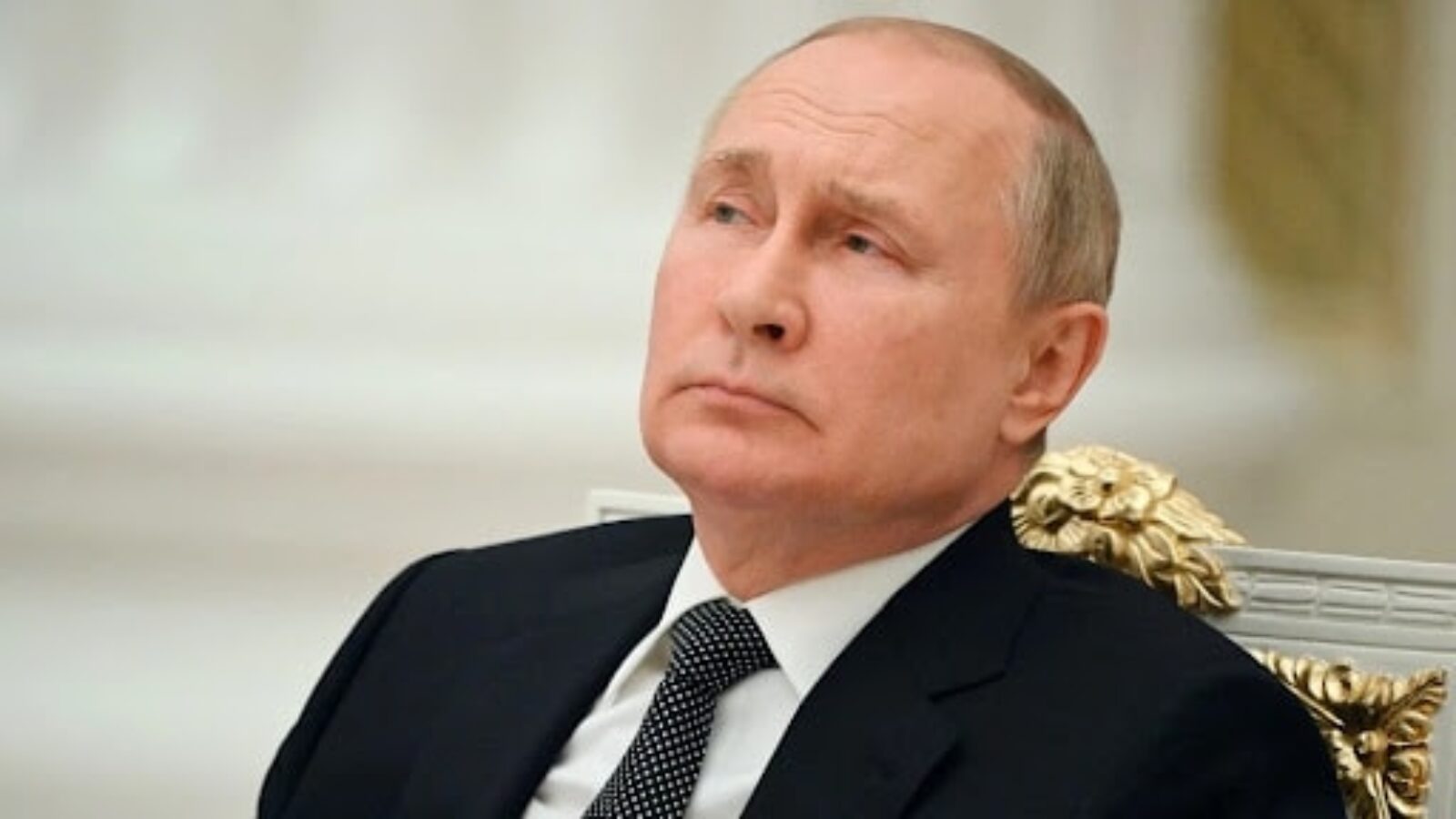Vladimir Putin compared himself to Peter the Great, a famous historical figure known for starting the Great Northern War that lasted for 21 years to expand Russia into an Empire. This statement worries experts wondering what his plans for Russia are. Does he have something up his sleeve that he is hinting at?
NBC NEWS: Putin compares himself to Peter the Great in fight to expand Russia
Patrick Smith; June 10, 2022
LONDON — President Vladimir Putin has compared himself to Peter the Great, saying he shares the 18th-century czar’s goal of returning “Russian lands” to a greater empire.
Speaking after visiting an exhibition to celebrate the 350th anniversary of Peter’s birth on Thursday, Putin drew a parallel to his invasion of Ukraine.
“Peter the Great waged the Great Northern War for 21 years. It would seem that he was at war with Sweden, he took something from them,” he said, according to a translation from Reuters. “He did not take anything from them, he returned [them].”
Referring to the Ukraine invasion he said: “Apparently, it also fell to us to return [what is Russia’s] and strengthen [the country]. And if we proceed from the fact that these basic values form the basis of our existence, we will certainly succeed in solving the tasks that we face.”
Peter the First, or Peter the Great, is credited with expanding Russia into an empire and a major European power. He is also remembered for ending the supremacy of the Swedish navy in the Baltic region and expanding Russia’s borders with the seizure of Swedish land and several Baltic countries. The city named in his honor, St Petersburg, was founded on captured Swedish land. It is also Putin’s hometown.
Russia’s invasion of Ukraine has raised fears that Putin is intent not only on claiming its neighbor and former Soviet republic, but potentially has his eye on Poland, Finland and the Baltics, among others.
Mykhailo Podolyak, an adviser to Ukraine’s Volodymyr Zelenskyy, said in a tweet that Putin’s comments showed his imperialistic ambitions and that the invasion was an attempted “bloody seizure.”
Amid mounting evidence of a large number of deaths following the targeting of civilian sites since the Ukraine invasion began on Feb. 24, Russia has sought to justify its “special military operation” as a way of protecting Russian-speaking Ukrainians and to root out “Nazi” elements in Ukraine’s armed forces.
“Putin has been tearing off a lot of masks — what he’s revealing rather consistently is Russia’s new imperial ambitions,” said Rory Finnin, associate professor of Ukraine studies at Cambridge University.
“Russia’s war against Ukraine is now clearly a war of imperial conquest,” he added.
The Kremlin’s expansion plan involves either seizing territory and replacing populations, as in the Ukrainian cities of Kherson and Mariupol, or by toppling democratic regimes to create “vassal states,” Finnin said.
“Putin’s vision that has no future — he just descends deeper and deeper into the past, usually with a great deal of historical inaccuracies to say the least,” he added.
Carl Bildt, a former primer minister of Sweden, was among those who warned Putin’s mindset shows a desire for years of bloodshed.
“That’s how he sees his mission — to take back what once was claimed by Russia. It’s a recipe for years of war,” he said.
Putin has a keen interest in history and has admitted that historic precedent informs his foreign policies.
“Kyiv is the mother of Russian cities,” Putin said in a speech in March 2014, arguing that Russia and Ukraine were historically inseparable. “Ancient Rus is our common source and we cannot live without each other.”
A few days later Russia annexed Ukraine’s Crimean Peninsula.
In July 2021, Putin again argued that Russia and Ukraine were part of one nation, seven months before the full Ukraine invasion began.
“Putin likes leaders he sees as tough, strong managers,” said Andrei Kolesnikov, a senior fellow at the Carnegie Endowment for International Peace.
“He wants to be seen as a Peter-style modernizer, even though he will go down in history as a cruel ruler, more like Ivan the Terrible,” he added.
Simon Sebag Montefiore, an acclaimed popular historian who written extensively on the Romanov dynasty that ruled Russia for 300 years, said successive Russian leaders have sought to emulate Peter.
“Every Romanov tsar, every Soviet leader, and here Putin, dreams of being the first emperor who managed to be [a] statesman, general conqueror, builder [and] reformer,” he wrote.
Peter is admired by both ultra-conservatives and liberals in Russia — but perhaps less discussed is the more brutal side of his reign. As Montefiore pointed out, the great czar tortured his own son to death.
